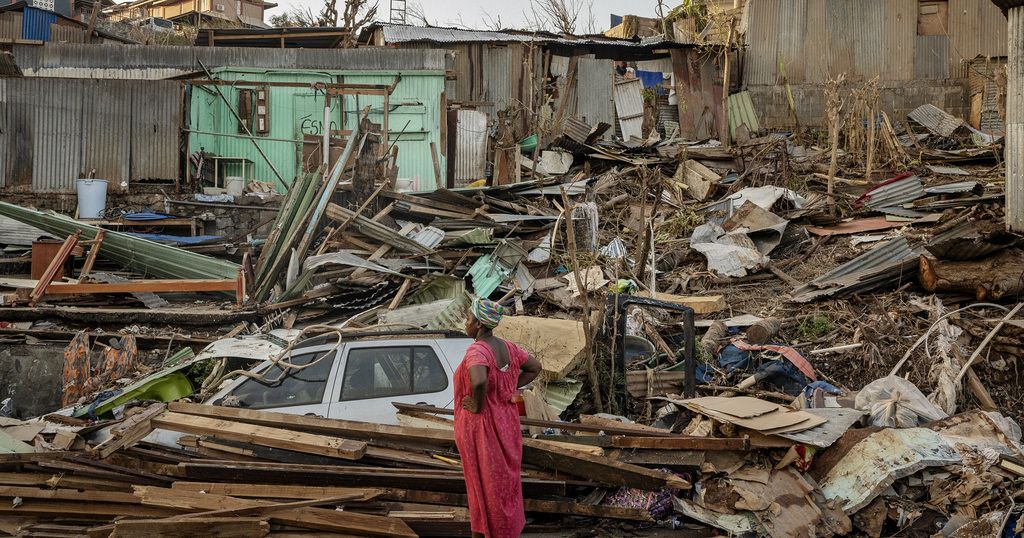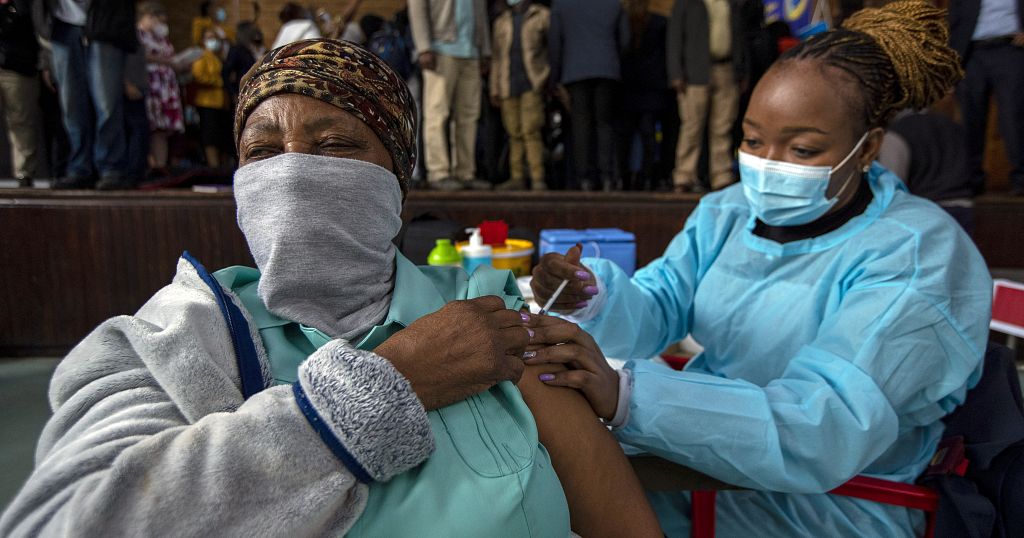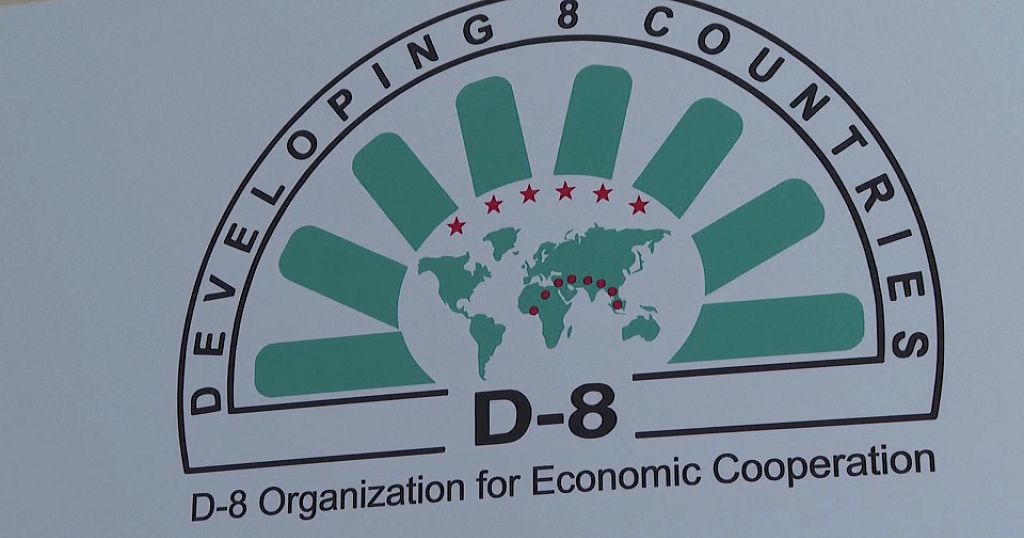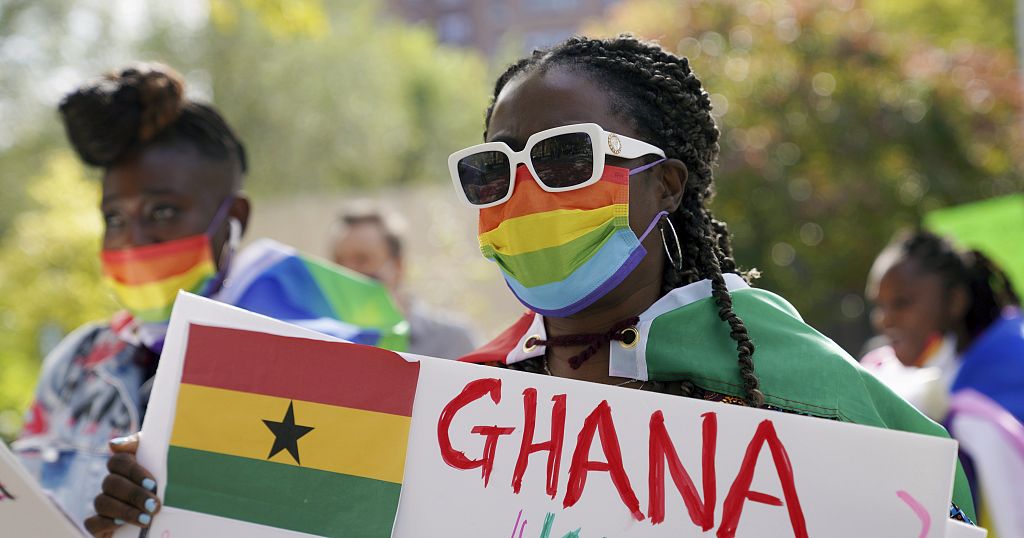Sudan: Army chief gives rare public speech in Port Sudan
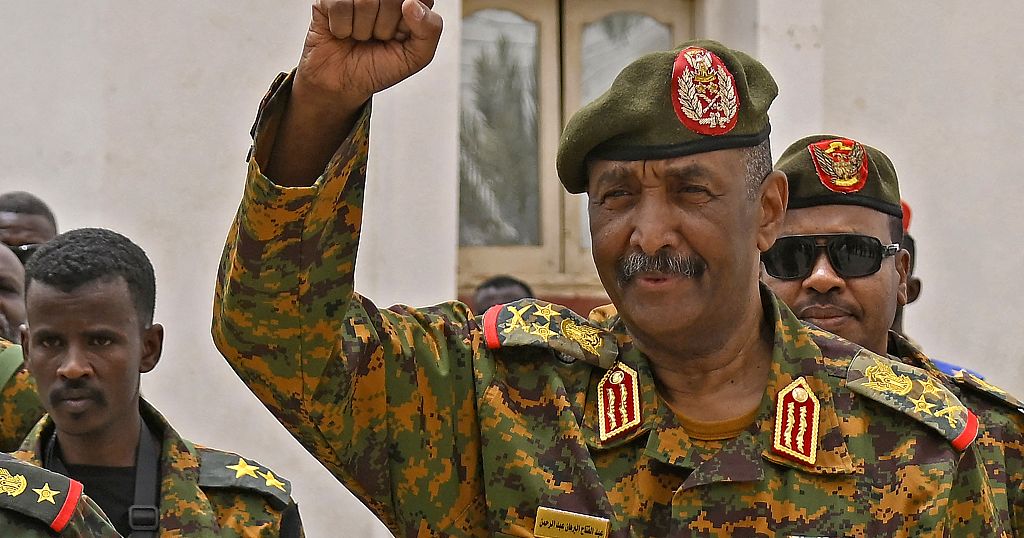
The head of Sudan’s army announced Monday that he fled the capital during a large military operation as the bloody conflict in the Northeast African country enters its fifth month.
General Al-Burhan confirmed that no agreement had been reached with rival Daglo to facilitate his departure from the capital.
“I confirm that my exit from the General Command took place without any help, and I did not leave with a deal or by arranging any agreement. This was a military action carried out by the armed forces, and anyone who says that there is an agreement or that there is a party that helped or that there is a deal is delusional. We do not agree with the traitors or those outside the Sudanese people (traitors referring to Rapid Support Forces and those outside Sudan meaning Americans),” declared General Abdel Fattah Al-Burhane.
During this rare public speech in the coastal city of Port Sudan, Burhane said the military operation which enabled him to flee Khartoum’s army headquarters included naval and air forces.
The military command has been one of the epicentres of the conflict.
The operation led to armed clashes in which two people were killed, according to the Sudanese army general.
“We are proud that our brothers in the Navy were part of this operation (his exit from Khartoum) and there are two martyrs in the operation of the general’s commander (referring to himself) exit from the General Command, and the Air Force, the Land Forces and the Navy participated in this operation, and it was an operation in which there was fighting, and we offered martyrs in it,” Added the army chief.
According to the Military’s official Facebook page, Burhan visited Wadi Seidna airbase just north of the capital on Thursday before arriving in the northern city of Atbara on Friday. From there, he likely travelled to Port Sudan.
The conflict has reduced the capital to an urban battlefield, with Mohamed Hamdan Daglo’s rapid support forces controlling vast swathes of the city.
The violence in the northeast African country is estimated to have killed at least 5,000 people, according to the Armed Conflict Location and Event Data Project (ACLED), a disaggregated data collection, analysis, and crisis mapping project.
However, activists and doctors on the ground say the death toll is likely far higher.
Source: Africanews





